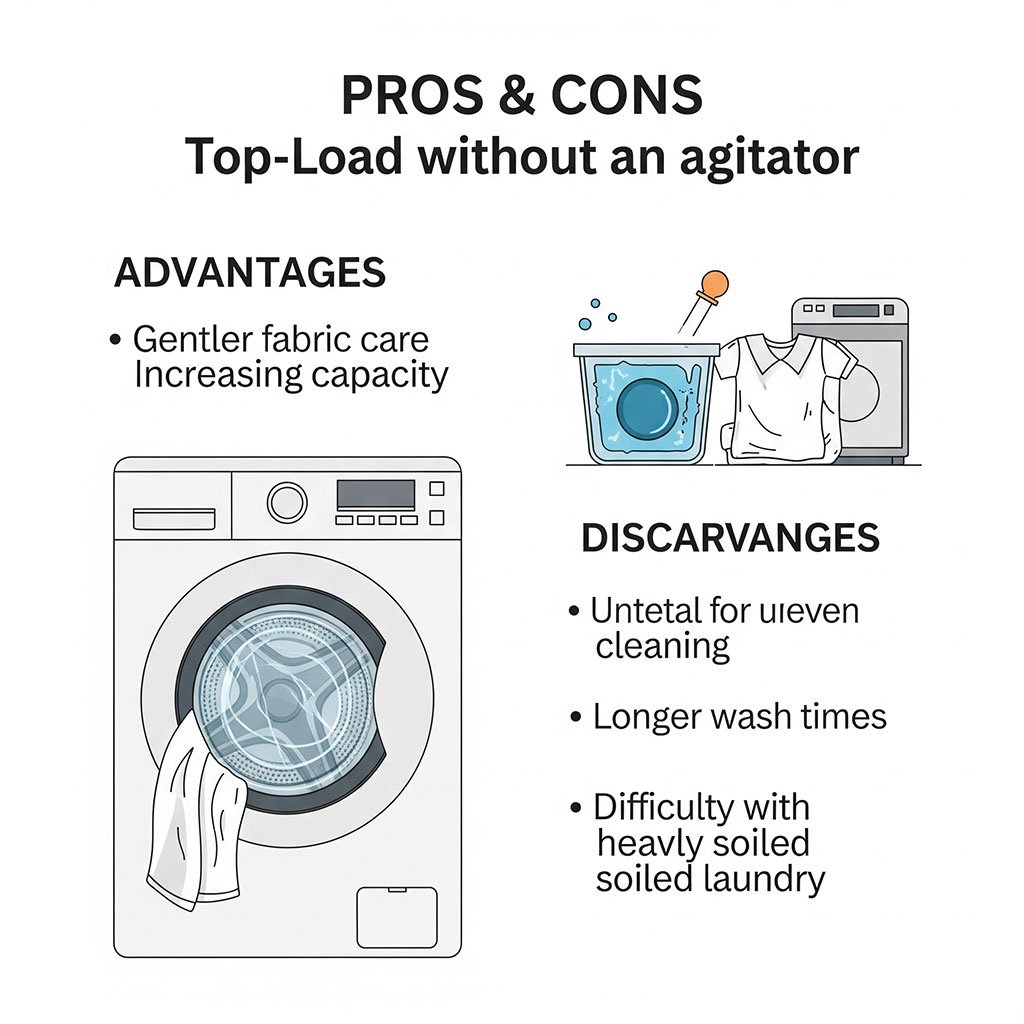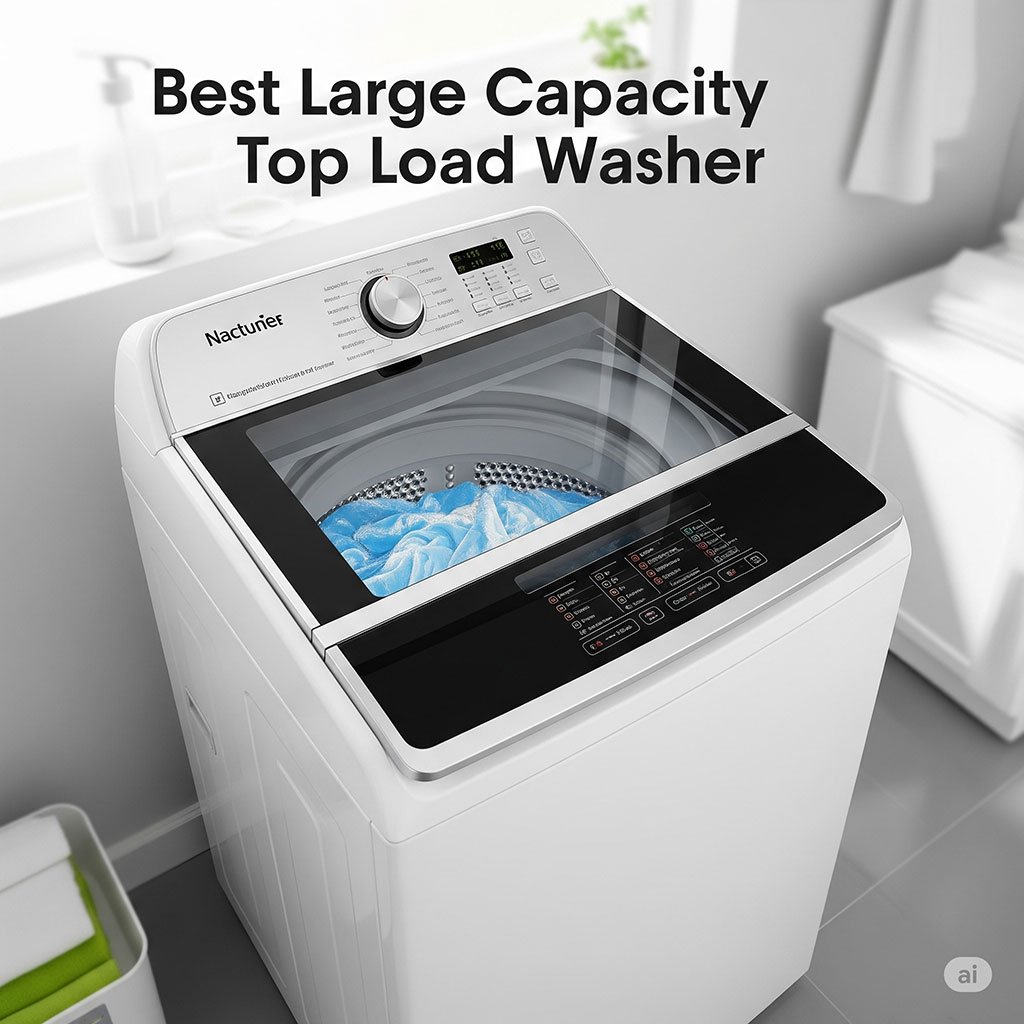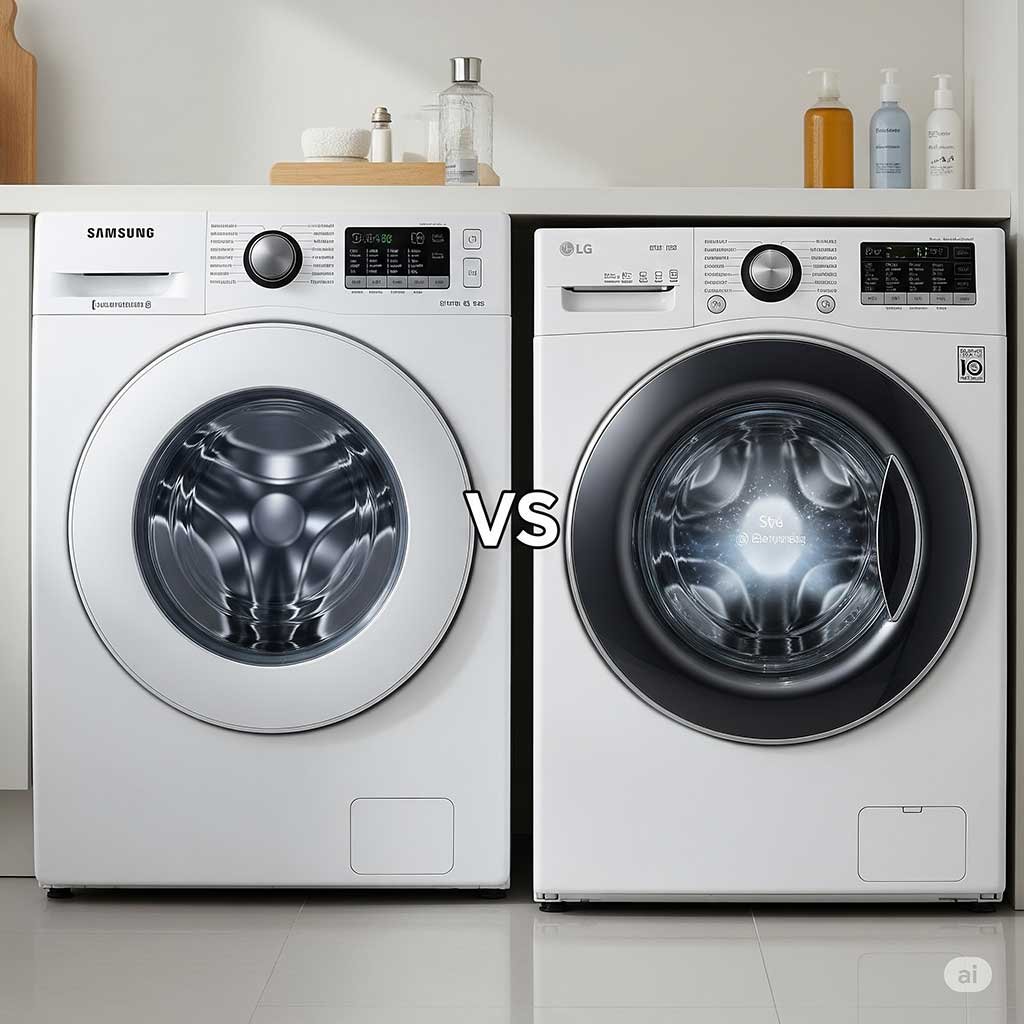When your Bosch dishwasher isn’t working properly, it can be frustrating. You might experience issues like strange smells, poor cleaning, or error codes that leave you puzzled. Knowing how to troubleshoot common problems can save you time and money, helping you get your dishwasher back in working order quickly.
You may find that small things, like debris in the door seal or a clogged drain, are causing trouble. By addressing these simple issues first, you can often resolve the problem without needing to call for professional help. Being aware of these tips can lead you to effective solutions, making your dishwashing experience smoother.
Read on to discover step-by-step instructions for common Bosch dishwasher issues, helpful maintenance tips, and links to additional resources for more complex problems. This knowledge can empower you to handle any situation that arises with confidence.

Table of Contents
Getting Started with Your Bosch Dishwasher
Starting with your Bosch dishwasher requires understanding its features and ensuring safe operation. Knowing how to handle your dishwasher properly can help you avoid issues and enhance its efficiency.
Safety Precautions
Before using your dishwasher, prioritize safety. Always check the power source and ensure the unit is properly plugged in. If you notice any frayed cords or damaged plugs, do not use the dishwasher until repairs have been made.
When loading the dishwasher, be cautious with sharp items like knives and forks. Place these items securely to avoid accidents.
It’s also essential to keep the area around the dishwasher dry to prevent slips. If you notice leaks, address them immediately to avoid water damage. Always read your user manual for specific safety guidelines related to your model.
Understanding Your Dishwasher’s Components
Familiarizing yourself with your Bosch dishwasher’s components will make troubleshooting easier. Here are the key parts to know:
- Control Panel: This is where you select wash cycles and options. Familiarize yourself with the buttons and settings.
- Detergent Dispenser: Always fill this compartment with the correct detergent type. Using the wrong detergent can cause excess suds and mess.
- Spray Arms: These distribute water throughout the dishwasher. Ensure they can rotate freely and are not blocked by dishes.
- Filters: Regularly check and clean the filters to prevent clogs and ensure efficient cleaning. A dirty filter can lead to poor performance.
- Door Seal: This rubber component prevents leaks. Inspect it for wear and tear regularly.
Understanding these components can help you maximize the performance of your Bosch dishwasher.
Common Issues and Solutions
When using your Bosch dishwasher, you may encounter a few common problems. Understanding these issues can help you resolve them quickly. Here are some key problems and their solutions.
Dishwasher Won’t Start
If your dishwasher won’t start, first check that it is plugged in and that the outlet is functioning. Make sure the door is fully closed, as the dishwasher will not run if the door is ajar. Check the circuit breaker to see if it has tripped.
If everything appears normal, you might have a faulty door latch or a problem with the control panel. Press the reset button or unplug the machine for a few minutes and plug it back in. If the issue persists, consult a technician.
Water Not Draining Properly
Water not draining can be a frustrating issue. Start by inspecting the filter and drain hose for blockages. Remove any debris that may be clogging these areas. It’s also a good idea to check the drain pump for any signs of damage or blockage.
If the water still does not drain, ensure the machine is level. An unlevel dishwasher can cause drainage problems. You may need to adjust the feet at the bottom. If these steps do not resolve the issue, consider contacting a service professional.
Dishes Not Cleaning Adequately
If your dishes aren’t coming out clean, there are several factors to assess. First, ensure that you are loading the dishwasher correctly. Avoid overcrowding, as this can prevent water and detergent from reaching all surfaces.
Check the spray arms to make sure they are able to rotate freely. If there’s food or mineral buildup on the arms, clean them thoroughly. Lastly, ensure you are using the correct type and amount of detergent suitable for your dishwasher.
By addressing these common issues, you can help ensure your Bosch dishwasher operates efficiently.
Maintenance and Care
Proper maintenance and care are essential for keeping your Bosch dishwasher in top working order. Regular cleaning and timely replacement of parts can help prevent issues and extend its lifespan.
Regular Cleaning and Care
To ensure your Bosch dishwasher functions well, regular cleaning is essential. Start by wiping down the exterior with a soft cloth to remove dust and smudges. For the interior, clean the walls and door using a mild detergent and warm water.
Make sure to clean the spray arms regularly. Food debris can clog the small holes in the arms, affecting water flow. Simply remove the spray arms and rinse them under running water.
It’s also helpful to run a cleaning cycle using a dishwasher-safe cleaner once a month. This helps eliminate any grease or residue buildup inside the machine.
Replacing Filters and Parts
The filters in your Bosch dishwasher play a crucial role in maintaining performance. Regularly check and clean the filter located at the bottom of the dishwasher. Remove it and rinse it under warm water to eliminate trapped food particles.
If you notice reduced water flow or poor cleaning results, it may be time to replace the filter. Typically, filters should be replaced every 6-12 months, depending on use.
In addition to filters, check other parts like the dishwasher door seal and drainage hose for wear and tear. Replacing worn parts promptly can prevent more significant issues and ensure efficient operation.
Error Codes and Their Interpretation
When your Bosch dishwasher shows an error code, it usually indicates a specific issue that needs attention. Understanding these codes can help you troubleshoot and resolve problems more effectively.
Decoding Error Messages
Bosch dishwashers display error codes to signal different malfunctions. Each code corresponds to a specific issue.
Here are some common error codes and their meanings:
- E15: Water leak detected. This requires checking for leaks and ensuring the dishwasher is on a level surface.
- E24: Drainage problem. Ensure the drain hose is not clogged or kinked.
- E19: Issues with the heating element. Check connections and ensure that it isn’t damaged.
Consult your user manual or the Bosch website for a complete list of codes. This knowledge will guide your next steps.
Addressing Electronic Issues
Sometimes, error codes may stem from electronic malfunctions rather than mechanical issues. Your dishwasher’s control board could be malfunctioning, leading to incorrect error displays.
Tips for Troubleshooting:
- Reset the Dishwasher: Turn off your dishwasher for a few minutes and then turn it back on. This can clear temporary errors.
- Check Connections: Loose wires or connections can also cause problems. Ensure that the wiring is intact and secure.
If the error keeps recurring after these steps, you may need to consult a professional for deeper diagnosis or repairs. This approach ensures that you effectively address electronic problems.
Troubleshooting Specific Models
When dealing with Bosch dishwashers, it’s essential to recognize that different series may have unique troubleshooting steps. Understanding these differences can help you resolve issues more effectively. Additionally, model-specific problems can arise, so knowing how to address them is crucial.
Series Differences and Troubleshooting
Bosch dishwashers come in various series, including 100, 300, 500, and 800. Each series may have different features and settings that affect troubleshooting.
For instance:
- Series 100: Basic models that may struggle with stains or clogs. Check for debris in the filter.
- Series 300: Often includes features like a third rack. Ensure the spray arms are not obstructed.
- Series 500: Has advanced drying options. If drying is inadequate, inspect the heating element.
- Series 800: Premium features like quiet operation are important. If noise is an issue, check for loose components.
Being aware of these differences allows you to target your troubleshooting efforts correctly.
Model-Specific Issues
Each Bosch model may experience unique problems based on its design and features. Understanding these can help you resolve issues faster.
- Model SHEM78WH5N: If water is not draining, inspect the drain hose for kinks or clogs.
- Model SGS63C28GB: If you’re noticing noise during operation, check for foreign objects lodged in the spray arm.
- Model SHEM63W55N: If the dishwasher fails to start, ensure that the door latch is functioning properly.
- Model SHE867WF5N: If there are persistent error codes, refer to the Bosch Dishwasher Error Codes guide for clear definitions and troubleshooting steps.
By focusing on model-specific issues, you can efficiently find solutions to the problems you encounter.
When to Seek Professional Help
Knowing when to call for professional help is essential for keeping your Bosch dishwasher in good working order. If you notice persistent issues that you cannot resolve, or if your appliance is still under warranty, consider seeking assistance.
Warranty and Professional Repairs
If your Bosch dishwasher is still under warranty, it is best to seek professional help for any significant issues. Warranty coverage typically includes parts and labor, which can save you money on repairs.
Check your warranty documents to understand what is covered. Common signs that require professional attention include strange noises, water leaks, or error codes.
Attempting to fix these issues yourself may void your warranty. Contact an authorized service provider to ensure you get the proper support and repairs, maintaining your warranty status.
Contacting Bosch Support
If you encounter problems that you cannot solve, contacting Bosch Support is a wise option. Their customer service can guide you on troubleshooting steps.
You can reach them at 1-800-944-2904. Be prepared to provide your dishwasher model and a description of the issue. Bosch representatives are trained to assist you, offering solutions or scheduling a technician visit.
For ongoing issues, it is crucial to document what you’ve tried. This information helps Bosch Support diagnose the problem more effectively. Always prioritize safety and avoid further damage by leaving complex repairs to professionals.
Enhancing Your Dishwasher’s Performance
To get the best results from your Bosch dishwasher, proper loading and choosing the right products are essential. These practices can maximize cleaning efficiency and improve the lifespan of your appliance.
Optimal Loading Techniques
Correctly loading your dishwasher is key to ensuring every item comes out clean. Start by placing larger items, like pots and pans, on the bottom rack. This allows the water spray to reach them better.
Position cups and smaller items on the top rack. They are less likely to get damaged and will get an effective wash. When placing plates, ensure they face the spray arm and are not overlapping.
Key Tips for Loading:
- Angle bowls downward to let water escape.
- Do not block the spray arms to avoid poor cleaning.
- Avoid overloading; leave space for water circulation.
Following these guidelines helps your dishwasher perform efficiently each cycle.
Choosing the Right Detergents and Additives
Using the correct detergents ensures your dishes are cleaned effectively. Choose a detergent specifically designed for dishwashers. These typically contain enzymes that break down food particles.
Consider using rinse aids as they help reduce spots and improve drying. Look for low-phosphate or eco-friendly options for a cleaner wash without harsh chemicals.
Recommended Types:
- Powder Detergents: Cost-effective but can leave residue if not rinsed well.
- Gel Detergents: Easier to use but may not work as effectively in hard water.
- Tabs or Pods: Convenient but may be more expensive.
Proper detergent use not only cleans better but also maintains the dishwasher’s internal components.
Frequently Asked Questions
This section addresses common issues you may encounter with your Bosch dishwasher. You will find practical answers on error codes, troubleshooting steps, and specific problems that can arise.
How can I interpret the error codes displayed on my Bosch dishwasher?
To interpret error codes, refer to the user manual or the Bosch Dishwasher Error Codes Guide. Each code corresponds to a specific issue, helping you identify problems like water supply issues or door latch failures.
What steps should I follow if my Bosch dishwasher is not starting?
If your dishwasher is not starting, ensure it is plugged in and the door is securely closed. Check the circuit breaker and make sure the program selection is correct. If all seems fine, consult the Bosch troubleshooting page for further steps.
What are common reasons for a Bosch dishwasher not draining properly?
Common reasons for drainage issues include a clogged filter, a kinked drain hose, or a malfunctioning pump. Regularly clean the filter and check the drain hose for any obstructions to ensure proper drainage.
How do I reset my Bosch dishwasher?
To reset your Bosch dishwasher, press and hold the “Start” button for about 3 to 5 seconds until the display clears. This may resolve minor issues and restart your appliance.
How can I obtain a Bosch dishwasher troubleshooting manual or guide?
You can obtain a troubleshooting manual by visiting the Bosch Owner Support webpage. You may also download guides specific to your dishwasher model for detailed troubleshooting steps.
What should I do if I see an E15 error on my Bosch dishwasher?
An E15 error indicates a water leak. First, turn off the dishwasher and unplug it. Check for water under the unit and dry it up. Ensure hoses and connections are secure before restarting the dishwasher. If the error persists, contact Bosch customer service for assistance.
Final Words
Troubleshooting your Bosch dishwasher doesn’t have to be difficult. By understanding common problems and knowing how to fix them, you can avoid frustration and costly repairs. Regular cleaning, proper maintenance, and following safety guidelines will keep your dishwasher running smoothly.
If an issue arises, start with simple checks like clearing blockages or resetting the machine. For more complex problems, refer to the error codes or contact Bosch support. With these tips, you’ll be able to maintain your Bosch dishwasher and ensure it performs efficiently for years to come.



